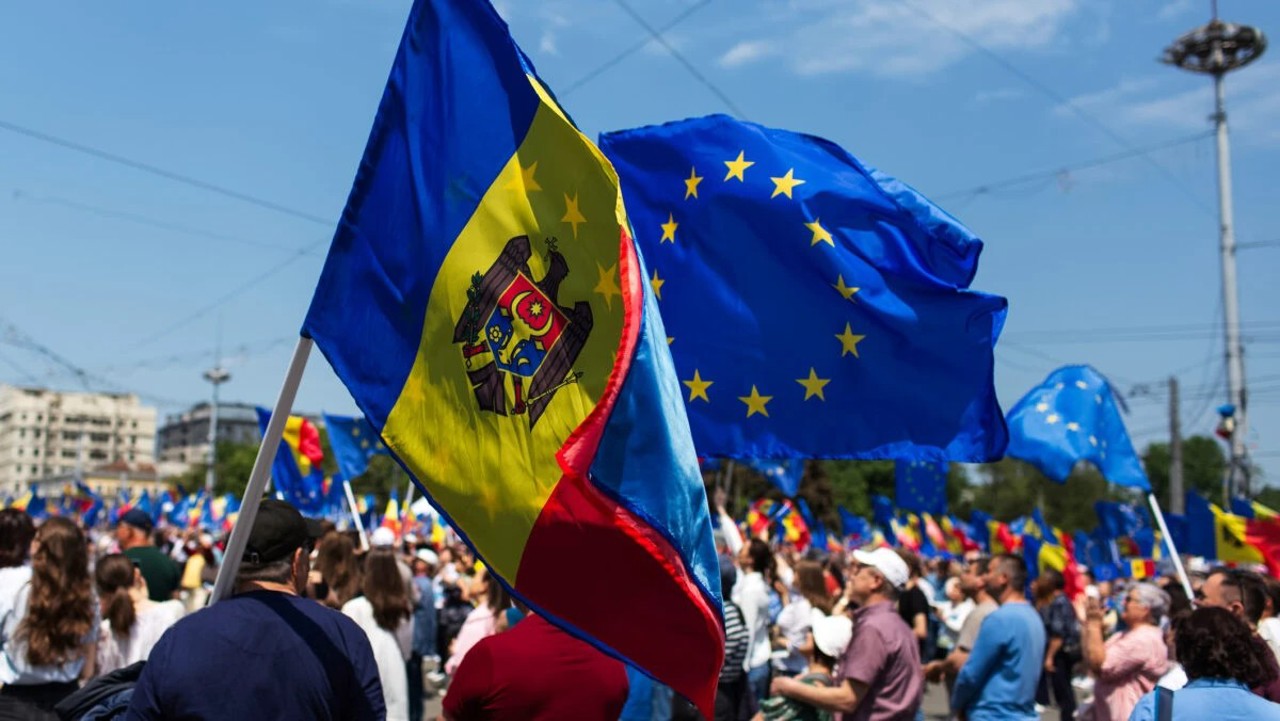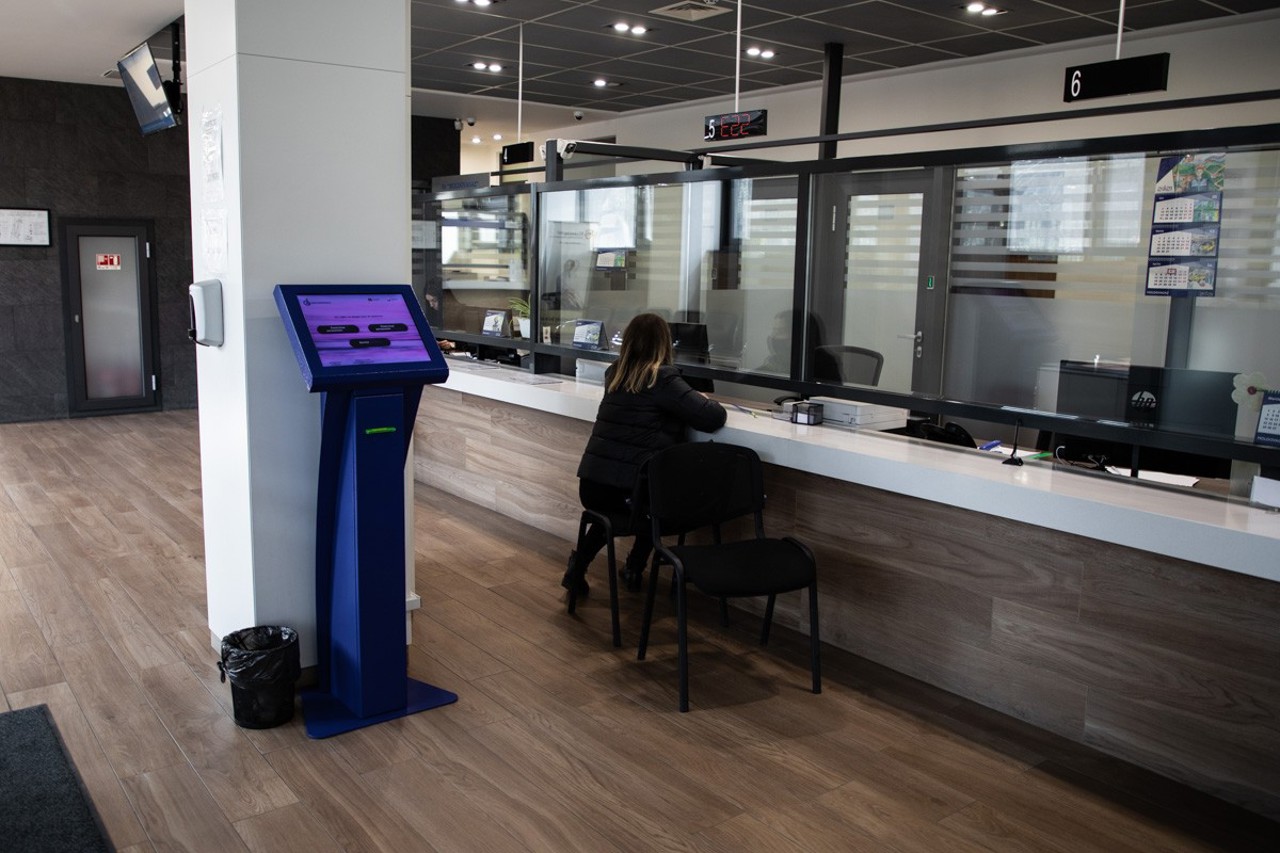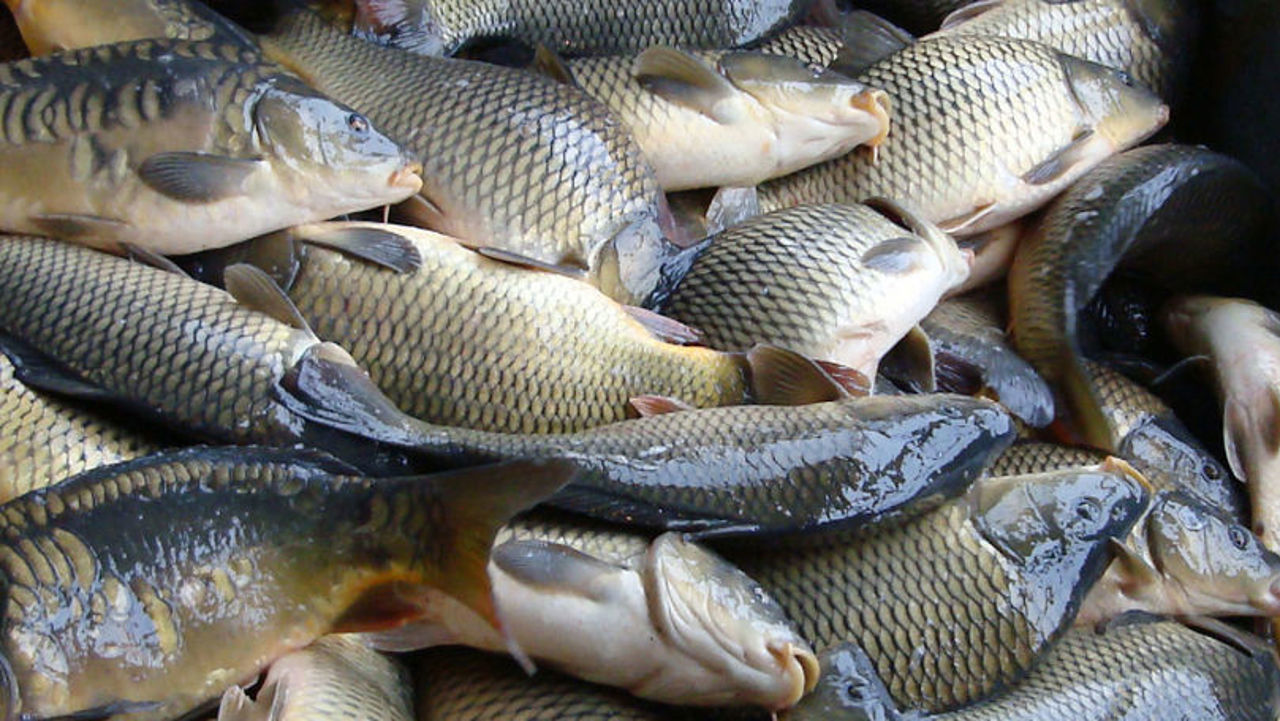Jānis Mažeiks: Referendum on EU membership must reflect citizens’ will
The autumn referendum, initiated by the president Maia Sandu, must reflect the will of the citizens, claims the ambassador of the European Union (EU) in the Republic of Moldova, Jānis Mažeiks. The diplomat stressed the importance of a strong turnout to legitimize the referendum result and prevent challenges from both pro-European and anti-European camps.

"It is important that the referendum reflects the will of the citizens of the Republic of Moldova. Therefore, a strong presence at the polls is necessary, so that neither the pro-Europeans nor the anti-Europeans challenge the results", declared Mažeiks.
The ambassador assured that the European Union will respect "any" result of the referendum, although it would be "disappointed" by a negative result. He admitted that, in case of a negative vote, the EU will continue to collaborate with the Republic of Moldova, but the cooperation could be restricted "in certain areas".
"Obviously we will be disappointed if the result is negative, but we will not penalize the country. We are not the Russian Federation, which closed its market because you changed your political orientations. So please don't vote for fear that they will close the market in case of a negative vote," explained the ambassador.
Asked about the EU's reaction if pro-Russian parties come to the leadership of the Republic of Moldova, Mažeiks stressed that the EU will continue to support the Republic of Moldova, regardless of the outcome of the presidential elections in the fall and the parliamentary elections next year.
"We will cooperate with the Republic of Moldova as much as possible. If a situation arises where the majority does not want cooperation with the EU, then we will cooperate with those who do, because citizens who benefit from social canteens or hearing aids for children in Moldovan villages should not be penalized for political elections ", he declared.
The ambassador also highlighted the importance of next year's parliamentary elections in order to maintain the European direction of the Republic of Moldova.
"If there is a majority that is not so focused on the EU, the path to accession will become longer. We have had similar situations in other countries where the negotiation process has become longer due to political changes. This is why it is not only about the referendum and the presidential elections, but also about the parliamentary elections next year", concluded Mažeiks.
We remind that the citizens of the Republic of Moldova are expected in the fall, on October 20, at the polls to choose their future president of the country. On the same day, at the initiative of President Maia Sandu, the referendum on our country's accession to the European Union will be organized. Citizens, called to the polls, will answer the following question: "Do you support amending the Constitution with a view to the accession of the Republic of Moldova to the EU?". Two answer options will be given: "Yes" and "No".
The referendum and the upcoming presidential and parliamentary elections are considered crucial to ensure the continuity and irreversibility of the pro-European reforms implemented in recent years in the Republic of Moldova.





